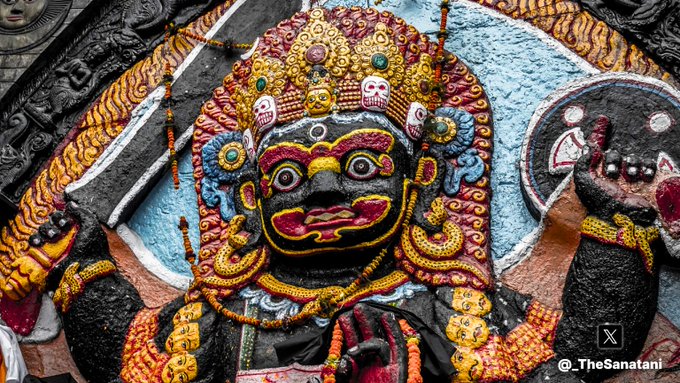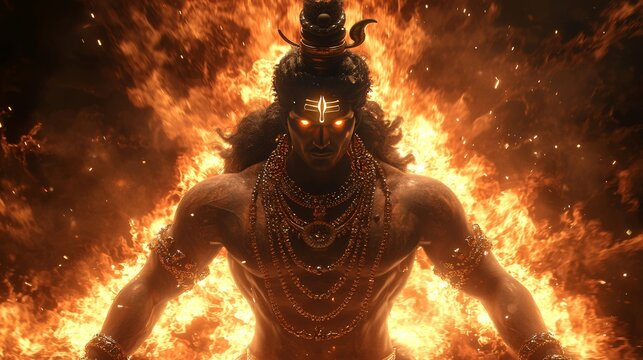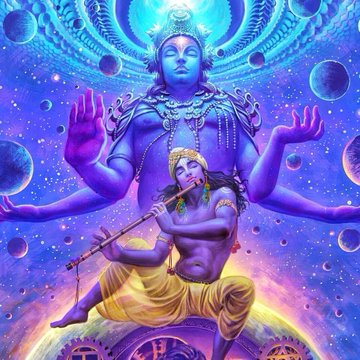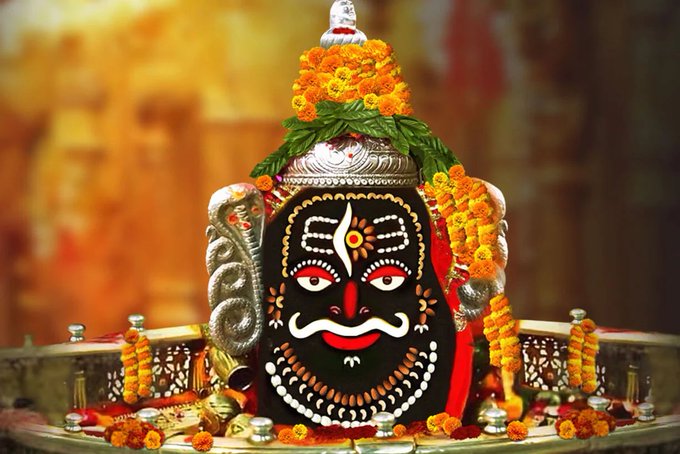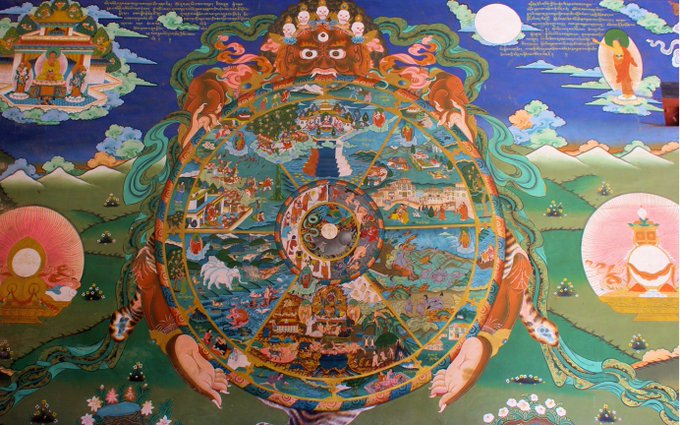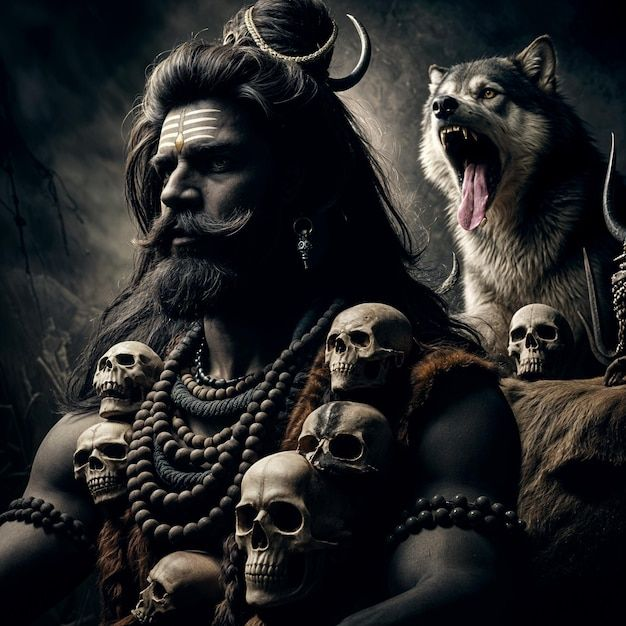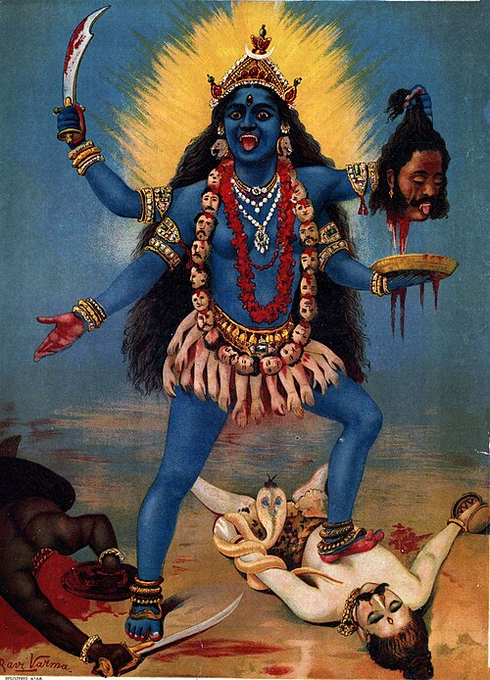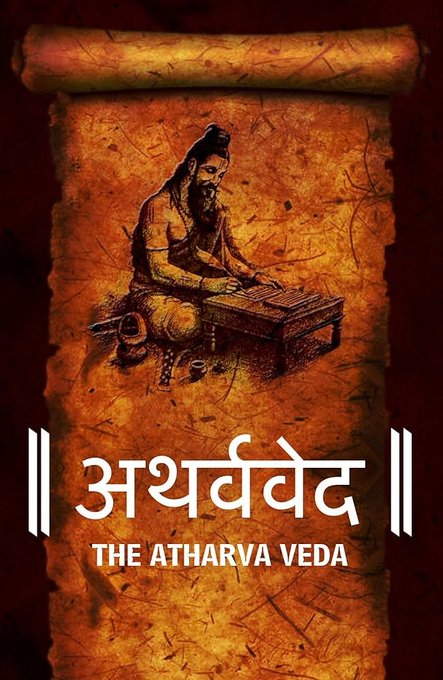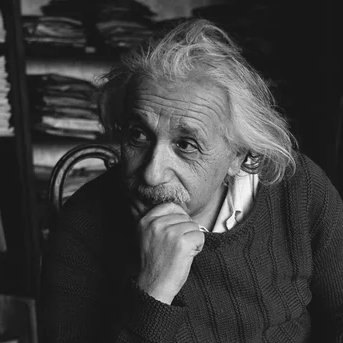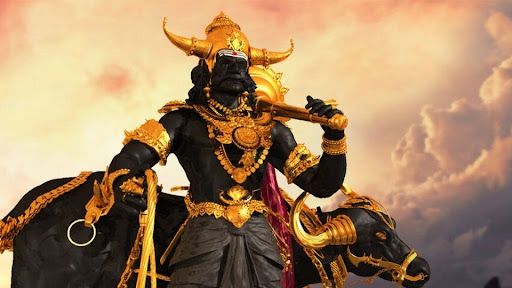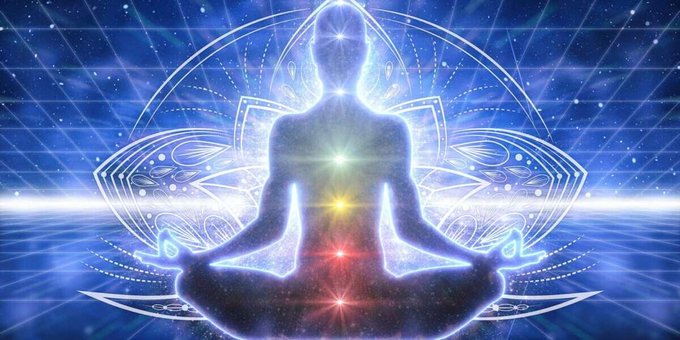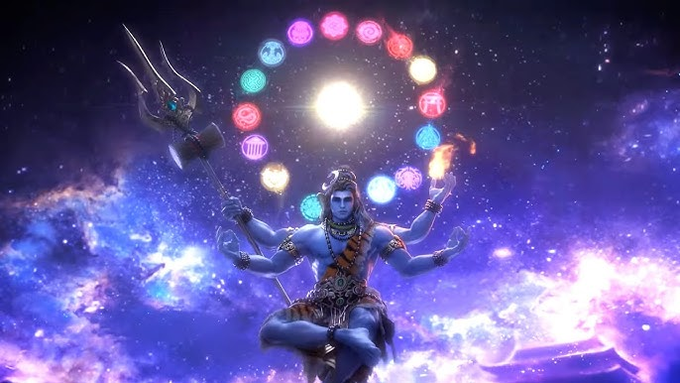Most people fear time. Hindus worship it. Why?
Because Time (Kāla) is not just a measure. In Sanātana Dharma, Kāla is GOD.
Kāla = Time = Death = Shiva
In Hinduism, Time is divine — not just a ticking clock.
Time is the force that governs:
— Creation
— Change
— Decay
— Death
Everything in the universe bends to Kāla. Even the gods.
Bhagavad Gītā 11.32 — Krishna declares:
“kālo’smi loka-kṣhaya-kṛt pravṛiddho”
“I am Time, the great destroyer of worlds.”
This isn’t poetic metaphor.
Krishna, the Supreme Being, identifies himself as Time — the force that devours everything.
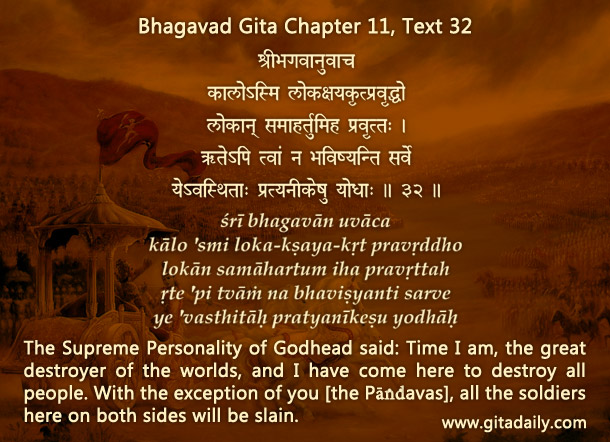
Time = Mahākāla = Shiva in his Terrifying Form
Shiva is called Mahākāla — the “Great Time” — because he stands beyond time.
He destroys the universe at the end of each cycle.
The Mahākāleshwar Jyotirlinga in Ujjain is named after this form.
“Kālasya Kālaḥ Śivaḥ” — Shiva is the Time of Time itself.
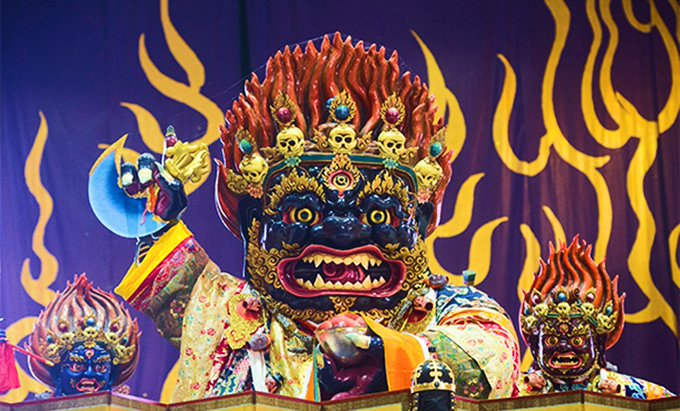
Kāla is not linear. It is cyclical.
In Vedic cosmology:
— Time is a wheel (Kālachakra)
— It moves in endless cycles
— yugas, kalpas, mahākalpas
— Death is not an end
— just a transition in time’s spiral
This cycle is called Saṁsāra — the wheel of birth & rebirth.
Time is the force of Karma
Karma unfolds over time.
You reap what you sow — not immediately, but inevitably.
In that sense, Kāla is the executor of justice.
You can’t escape Kāla — because you can’t escape yourself.
Kālī – The Goddess of Time
The frightening Goddess Kālī is named after Kāla.
She represents Time as destruction, which clears the way for rebirth.
Wearing a garland of skulls, she reminds us: All egos are devoured by Time.
Kāla in the Vedas
Atharva Veda 19.53.1:
“Kāla created all beings, Kāla supports them, and Kāla destroys them.”
“Kālaḥ sṛṣṭiṁ visṛjataḥ kālaḥ paalayati prajāḥ kālaḥ samharate viśvam”
Everything begins and ends in Kāla.
Science meets Sanātana Dharma
Einstein proved that Time is not absolute.
Hindus already knew that.
Each loka (realm) in Hindu cosmology experiences time differently:
— 1 day in Svarga = 1 year on Earth
— 1 day of Brahma = 4.32 billion Earth years
Time is relative, cosmic, divine.
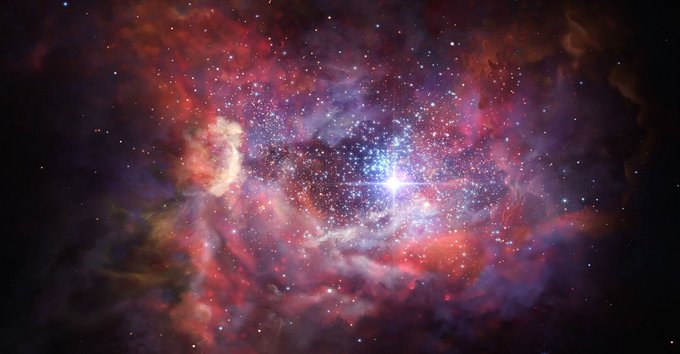
[Know more about Hindu cosmology here]
Kāla is also Yama – the god of death
Yama doesn’t just kill.
He measures your life span — your Ayus — and brings the end when your Kāla is over.
He holds a ledger of your karma. And Kāla collects the dues.
How does one transcend Kāla?
Only the Ātman is beyond Time.
You’re not your body, or your memories. You are the eternal witness — untouched by Kāla.
This is why moksha means:
- Liberation from the cycle of Kāla
- Freedom from birth, death, time
Final truth:
You don’t have time.
You are in time.
You’re born in it, shaped by it, destroyed by it — and perhaps… freed by it.
That’s why Hindus bow to Kāla.
Because Kāla is Shiva. And Shiva is the Truth.
Source: Twitter Link


